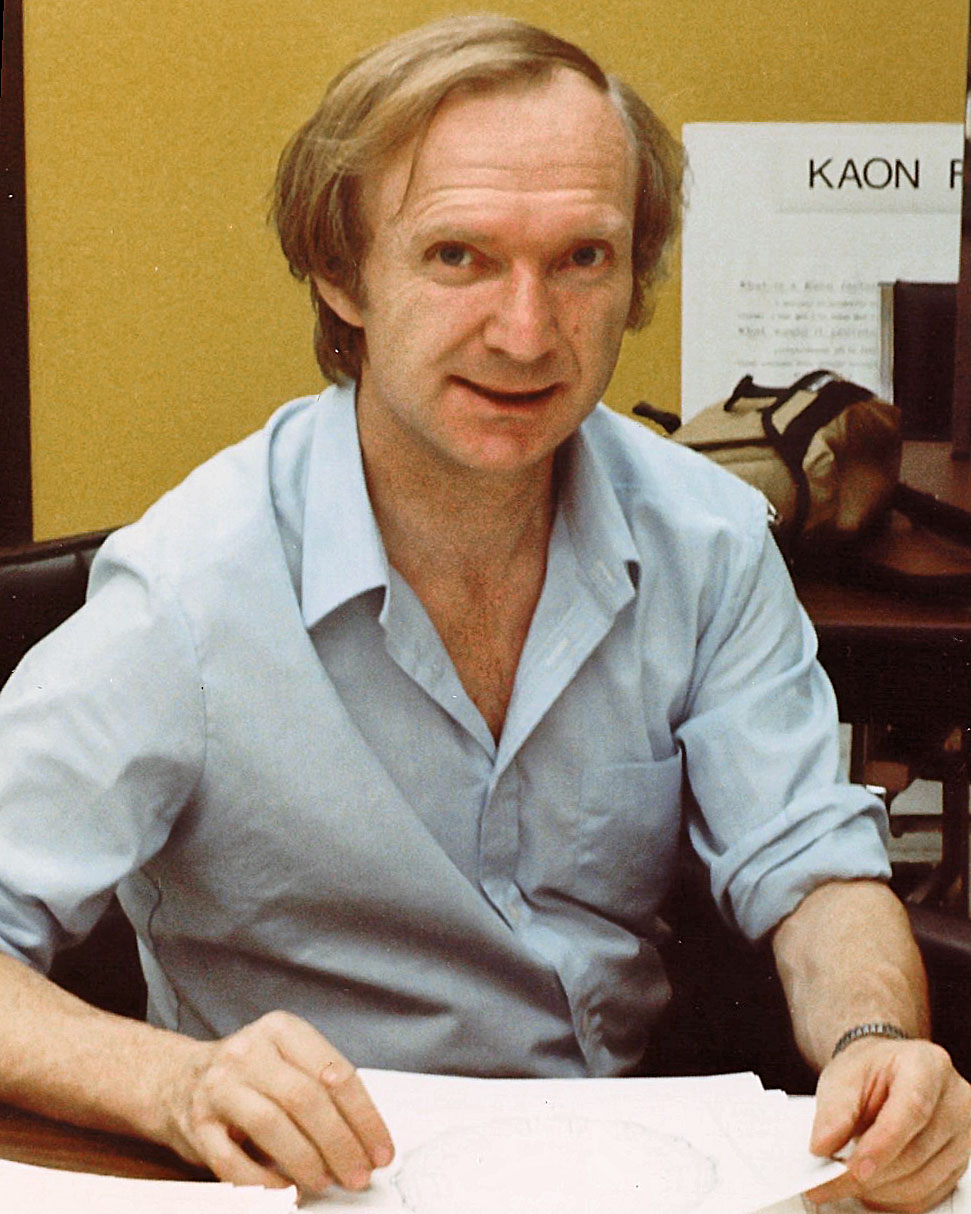 As one of TRIUMF’s founding scientists and a leading expert in the field of accelerator science, Dr. Michael Craddock laid many of the foundations for a new generation of accelerator physicists in Canada and around the world.
As one of TRIUMF’s founding scientists and a leading expert in the field of accelerator science, Dr. Michael Craddock laid many of the foundations for a new generation of accelerator physicists in Canada and around the world.
The Michael Craddock Endowment Award enables graduate students who work primarily at TRIUMF to travel to conferences, schools, or workshops related to accelerator science.Two awards of up to $3000 per year will be designated each year for second-year or higher level graduate students who are either attending classes at TRIUMF or completing graduate work at the laboratory.
Eligibility and Requirements
To be considered eligible for this award, students are asked to provide:
Proof of their enrollment as a second-year graduate student
A letter outlining the ultimate allocation and usage of the requested amount
Note: any Endowment funds awarded must be used for travel within 12 months of the award date
The title and abstract of their scientific project
A letter of support from their TRIUMF supervisor
After confirming the candidate’s eligibility, the TRIUMF Accelerator Leadership Team will invite the candidate for a brief oral presentation and discussion of their work with members of the Accelerator Division community.
Deadlines and More Information
For more information on timelines and deadlines, please contact Robert Laxdal at 604.222.7322.
Contributing to the Endowment Fund
![]() In a final testament to his merit, career, and benevolent character, Mike made a generous and far-reaching gift to TRIUMF to establish the Michael Craddock Endowment Award at the Vancouver Foundation. For more information about the endowment, please visit the fund website at the Vancouver Foundation.
In a final testament to his merit, career, and benevolent character, Mike made a generous and far-reaching gift to TRIUMF to establish the Michael Craddock Endowment Award at the Vancouver Foundation. For more information about the endowment, please visit the fund website at the Vancouver Foundation.
About Michael Craddock:
Dr. Michael K. Craddock was a University of British Columbia (UBC) Professor Emeritus and one of the founding scientists at TRIUMF, Canada’s national particle accelerator science centre.
Born April 15, 1936 in the Portsmouth, England, Mike received his Bachelor’s and Master’s degrees in mathematics and physics at Oxford University in 1957 and 1961 respectively. He presided as Scientific Officer at Rutherford-Appleton Laboratory while pursuing a Doctorate of Philosophy in Nuclear Physics at Oxford, which he was awarded in 1964.
After graduating from Oxford, Mike joined the Physics Department at the University of British Columbia (UBC), where he worked throughout his many other career pursuits. He quickly rose to prominence within the Canadian and international physics research community as a brilliant and innovative thinker. Mike played a pivotal role in the decision to create the Tri-University Meson Facility (TRIUMF), a consortium of the universities Simon Fraser, British Columbia and Victoria that would become a cornerstone of particle and nuclear physics research. Later, Mike worked tirelessly to design and construct the main cyclotron that continues to drive TRIUMF operations to this day.
During a career that spanned five indefatigable decades, Mike demonstrated exceptional leadership in the field of high-energy particle physics and notably in particle accelerator design and construction. He was instrumental in educating and inspiring new generations of accelerator physicists in Canada and abroad, and he leaves a legacy replete with inspiration, anecdote, and generosity.
